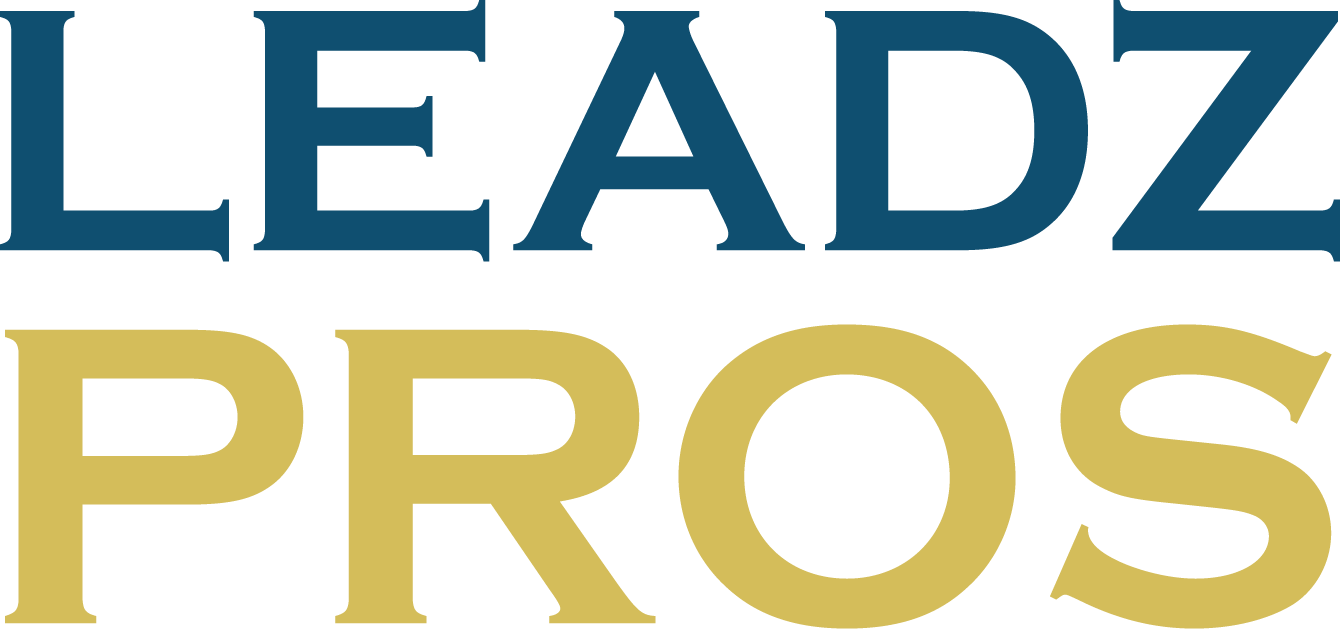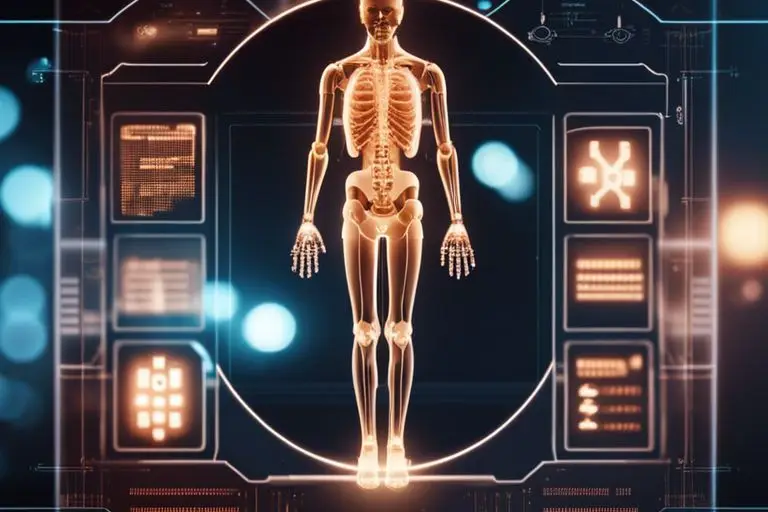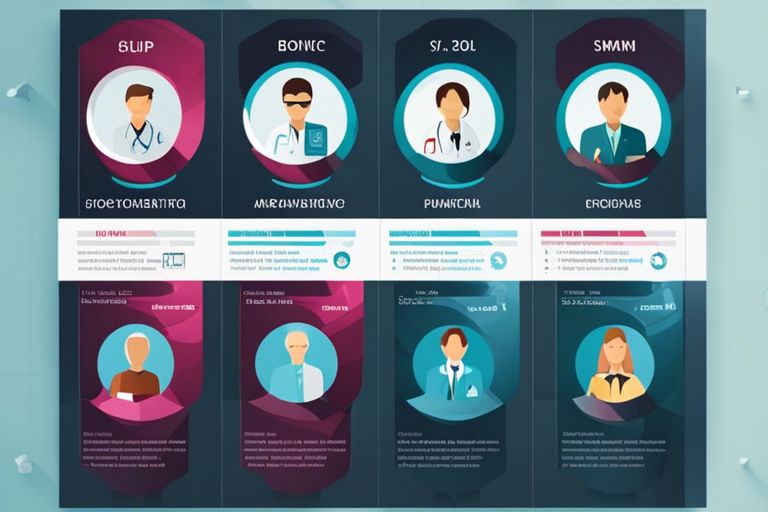Diagnostic imaging has long been a cornerstone of modern medicine, providing crucial insights into the human body’s inner workings. With the advent of artificial intelligence (AI), radiology has entered a new era, one where diagnostic chatbots are transforming the way we approach medical diagnostics. As AI algorithms become increasingly sophisticated, these chatbots are revolutionizing the field, offering quick and accurate analyses of radiological images. In this blog post, we will explore how AI is reshaping radiology with its innovative diagnostic chatbots, paving the way for a future where healthcare is more efficient and accessible than ever before.
AI-Driven Imaging Analysis
Enhancing Imaging Accuracy with Machine Learning
AIDriven Imaging Analysis is transforming the field of radiology by enhancing imaging accuracy with machine learning algorithms. These AI-driven technologies can analyze complex imaging data with unprecedented speed and accuracy, leading to more precise and timely diagnosis for patients.
AI Algorithms in Detecting Pathologies
With the integration of AI algorithms in radiology, the detection of pathologies has seen a significant advancement. These algorithms can quickly analyze large volumes of medical images, such as X-rays, MRI scans, and CT scans, to identify subtle signs of diseases or abnormalities that may be missed by human radiologists.
It allows for earlier detection and intervention, improving patient outcomes and reducing the chances of misdiagnosis. AI algorithms can flag suspicious areas for further review by a radiologist, enabling a more comprehensive assessment of the patient’s condition.
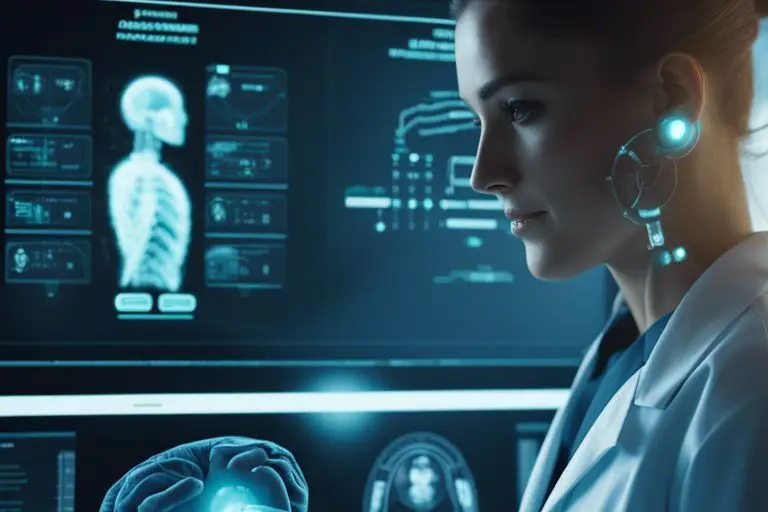
Chatbots in Radiology
Patient Interaction and History Collection
Collection of patient information and medical history is crucial for accurate diagnosis in radiology. Chatbots in radiology efficiently interact with patients to collect necessary data, such as symptoms, past medical records, and family history. Through interactive conversations, chatbots ensure comprehensive information gathering to assist radiologists in making informed decisions.
Customizing Radiological Services
Radiology chatbots are designed to customize radiological services based on the specific needs of patients. Through machine learning algorithms, chatbots can analyze the collected data to tailor imaging procedures and reports according to individual requirements. This personalized approach improves the overall patient experience and enhances the accuracy of diagnostics.
With the ability to customize radiological services, chatbots can offer recommendations on the most suitable imaging techniques, prioritize urgent cases, and even provide detailed explanations of procedures to alleviate patient concerns. By streamlining the radiology process, these chatbots optimize workflow efficiency and quality of care.
Integrating AI Chatbots into Clinical Practice
Overcoming Implementation Challenges
An important aspect of integrating AI chatbots into clinical practice is overcoming implementation challenges. Healthcare institutions need to address issues such as ensuring data privacy, system compatibility, staff training, and patient acceptance. By developing a comprehensive implementation strategy, hospitals and healthcare facilities can successfully adopt AI chatbots to enhance diagnostic processes.
Ethical Considerations and Patient Privacy
Any implementation of AI chatbots in radiology must consider ethical considerations and patient privacy as paramount. Healthcare providers must ensure that patient data is securely handled and compliant with regulations like HIPAA. Transparent communication with patients about the use of AI technology in their care is crucial to maintaining trust and upholding ethical standards.
Ethical considerations in AI chatbots also include bias in algorithms and the potential for misdiagnoses. Healthcare providers must regularly assess their AI systems to ensure fair and accurate outcomes. Patient privacy must be safeguarded through encryption, access controls, and audits to prevent unauthorized access to sensitive medical information.
Practices must establish clear guidelines for AI chatbot usage, enforce strict data protection measures, and continuously monitor and update their systems to uphold ethical standards and protect patient privacy.
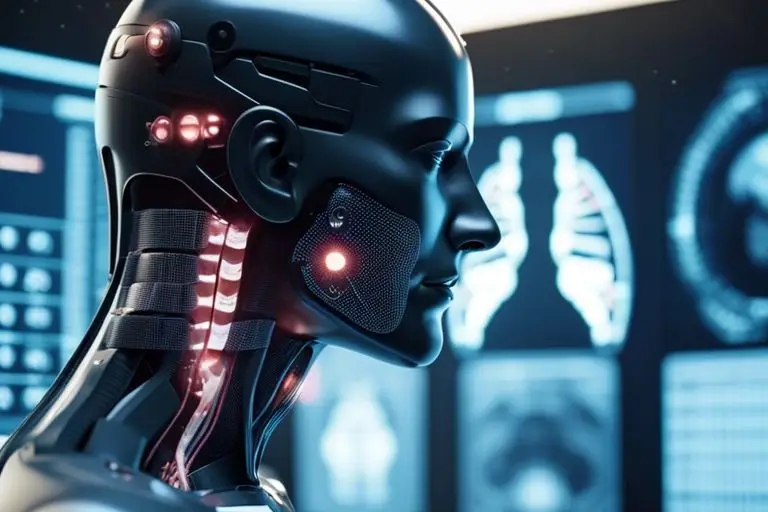
The Future of AI in Radiology
Not only has AI revolutionized the field of radiology with its advanced technology and capabilities, but it has also paved the way for more efficient and accurate diagnostic processes. According to a study published in Revolutionizing healthcare: the role of artificial intelligence in…, AI has shown great promise in transforming the landscape of healthcare delivery.
Predictive Analytics and Prognostic Modeling
On the horizon of AI in radiology lies predictive analytics and prognostic modeling. These tools leverage AI algorithms to analyze large datasets and predict outcomes, aiding radiologists in making more accurate diagnoses and treatment plans. By harnessing these predictive capabilities, healthcare providers can potentially intervene earlier and improve patient outcomes.
Collaborative Efforts between AI and Human Expertise
Efforts to combine AI technologies with human expertise have been gaining traction in the field of radiology. While AI can analyze images swiftly and accurately, human radiologists provide critical clinical context and decision-making capabilities that AI lacks. By fostering collaboration between AI and human experts, healthcare systems can optimize diagnostic accuracy and efficiency, ultimately enhancing patient care.
Future collaborations between AI and human expertise in radiology hold the promise of unlocking new potentials for improved diagnostic accuracy, enhanced patient outcomes, and streamlined healthcare delivery. As AI continues to evolve and integrate with human intelligence, the future of radiology looks promising with a synergistic blend of technology and expertise.
Summing up
From the above discussion, it is evident that AI in radiology has paved the way for the development of diagnostic chatbots that are revolutionizing the field of healthcare. By utilizing artificial intelligence algorithms, these chatbots can assist in accurate and swift diagnosis, resulting in improved patient care and overall efficiency in medical settings. The integration of AI technology in radiology not only enhances diagnostic capabilities but also streamlines workflow processes, ultimately leading to better patient outcomes. As advancements in AI continue to drive innovation in healthcare, diagnostic chatbots in radiology stand at the forefront of this transformative wave.
